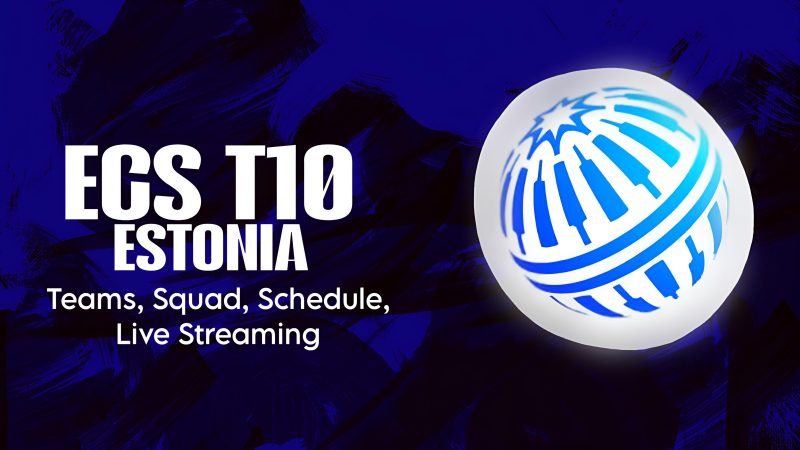Digital India Foundation report: Indian online gaming sector faces major threat from money laundering

One of the fastest growing digital industries in India is the online gaming sector, which has been growing exponentially in the light of technological advancements and widespread access to internet. However, a recent report by the Digital India Foundation (DIF), the sector is facing significant threats due to money laundering. In the report “Combating Money Laundering in Online Gaming Ecosystem”, there is a clear message about the urgent need for action to counter money laundering risks in the sector. This is especially important to protect India’s digital economy.
With the rise of Real Money Gaming (RMG), combined with the relatively loose regulatory controls in the country, the sector has become more vulnerable to criminal exploitation. The information in the report is with contributions from gaming industry professionals, cybersecurity experts, and policymakers, and is an elaborate report looking into the unique financial risks faced by the gaming industry. The report is also dedicated to offer recommendations to mitigate the highlighted issues.
Growth and challenges of the RMG sector
Looking at the statistics from the online gaming market in India, it is very clear that the market has undergone an exponential growth in recent years. From 2020 to 2023, the total revenue of the market grew from $0.71 billion to $1.26 billion. For 2024, the revenue is projected to reach $1.47 billion. With this pace, the expected annual growth rate (CAGR 2024-2027) will be 11.36%, reaching a revenue volume of $2.03 billion by 2027. The boom of the industry has been fuelled by over 400 local startups, with a current user base of over 100 million daily players, with 90 billion of them participating in paid gaming. The boom of the industry has both boosted the economy, and simultaneously it has created job opportunities with projections of 250,000 new jobs by 2025.
The downside to this growth has been the increasing activity of illegal operators and money launderers exploiting the loopholes of the sector. Reports estimates that the illegal betting market in India draws over $100 billion annually in deposits. The primary methods of laundering funds through online gaming platforms include cryptocurrencies, in-game currency transactions, and offshore betting platforms.
Initiatives and strategies to boost regulatory compliance
In the light of some regulatory measures catching up to the growth of the sector, some online gaming platforms have begun to align operations with compliance protocols. It is in this context that websites like Zamsino India have become vital, as they are taking proactive steps to address regulatory gaps by promoting responsible gaming practices through detailed overviews of regulated top online casinos in India. One type of online casinos promoted on Zamsino India is casinos which encourage users to play responsibly without any financial commitment. These casinos provide bonuses which allows players to start games without any initial deposit, and platforms like Zamsino helps promote these legitimate gaming practices and encourage safe engagement for users.
However, even with these measures, the DIF report still highlights that without any industry-wide standard for financial integrity, such proactive measures will still not be enough to prevent exploitation by criminal actors. The most crucial measure recommended is the establishment of an industry-wide regulatory body which would be dedicated to policing financial practices within online gaming, and which would ultimately enhance compliance while supporting fair game practices.
Techniques of money laundering in gaming
The DIF report describes in detail how fraudulent are using various sophisticated methods to circumvent Indian laws. This for example includes mirroring websites and using fake branding. The operators use in-game currencies and cryptocurrencies since these technologies makes it difficult to track, which opens up pathways for money laundering and potential terror financing.
Such trends are reflecting broader patterns of the global cybercrime sphere, where unregulated virtual spaces are becoming conduits for criminal finance. Another warning in the report by the Digital India Foundation relates to the exaggerated and misleading advertisements, which are complicating regulatory efforts. These attempts of fraud lure players to high-risk platforms often circumventing KYC and anti-money laundering (AML) protocols.
Report recommendations: Stronger oversight and enforcement
Addressing these vulnerabilities in the sector, recommends several measures. Some of these include creating a dedicated task force for illegal operators and implementing a whitelist of licensed platforms. Other recommended measures include enhanced Know Your Customer (KYC) protocols, integration of financial integrity standards, and stricter enforcement against misleading advertisements.
Arvind Gupta, the Co-Founder of the Digital India Foundation, highlighted the importance of immediate action. If these issues are left unchecked, the current vulnerabilities could jeopardize the sector’s integrity and stand in the way of the potential growth of the sector. One reason for the rapid growth of the sector is both related to the technological advancements, but also for example the core role of cricket in Indian culture, which is fostering sports betting activities. One of Gupta’s main points is that this rapid growth means that stronger oversight of the sector is critical. This is both to avoid exploitation and to monitor the sector to avoid otherwise detrimental effects the exploitation could have on the digital economy and national security.
Concluding remarks
With the report by Digital India Foundation, India are taking a significant step on the road to address the risks faced by the online gaming industry in the country. With the present 100 million users that contributes to the projected revenue of billions of dollars, the sector has become a prime target for money laundering schemes. This is why the recommendations listed in the report is crucial to ensure a safe future for the online casino and sports betting industry.








